DO’S AND DON’TS FOR PROTECTION AGAINST CORONAVIRUS
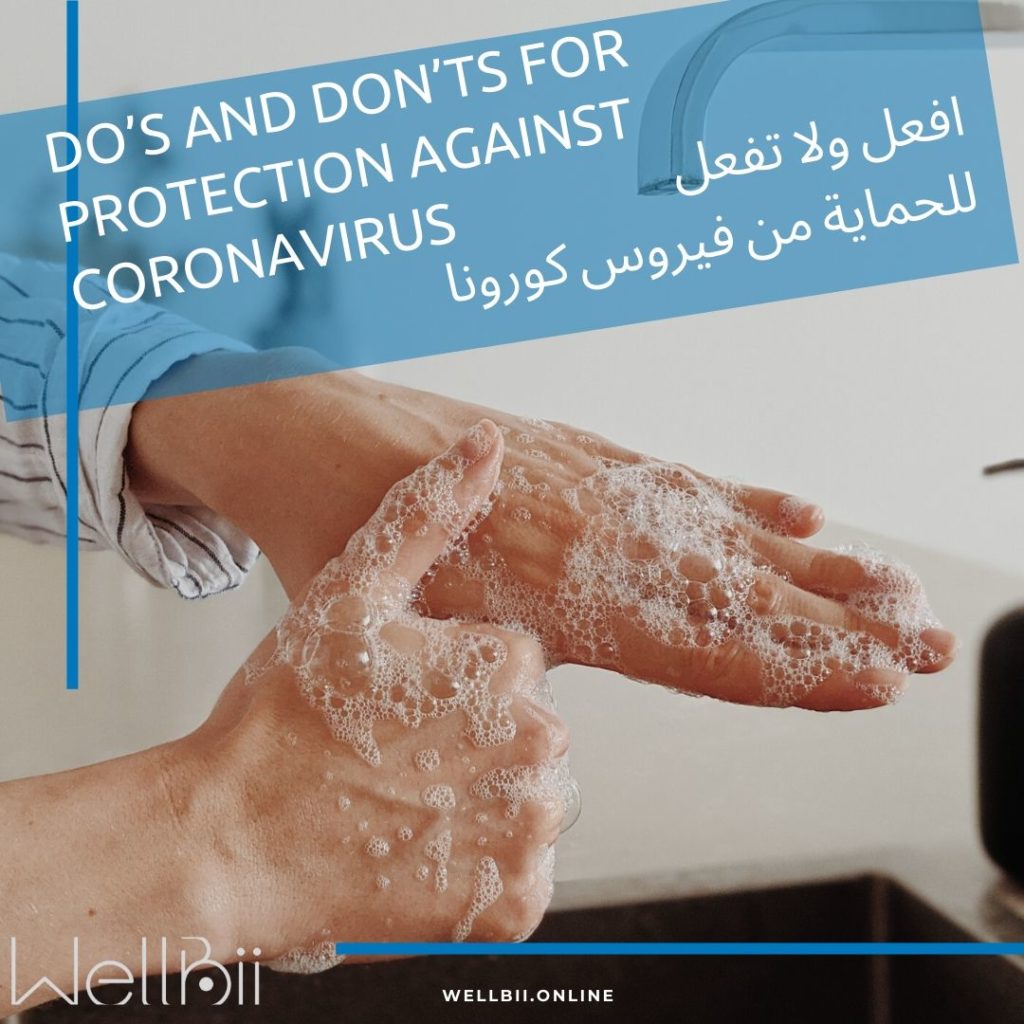
With cases in most of the world, coronavirus (and COVID-19, the disease it causes) is spreading rapidly. Here’s what you need to know to protect yourself right now:
DO wash your hands for at least 20 seconds, several times a day. Use soap and water or a hand sanitizer with at least 60% alcohol
DON’T avoid toys or products from Asia. Although the virus can live on surfaces for hours and possibly several days, it’s unlikely to survive the process of being moved from place to place in different temperatures and conditions.
DO check in on high-risk neighbors: older adults and people with serious chronic medical conditions. Monitor their food and medical supplies, and make sure they have people or organizations who can help if they get sick. If you suspect you’ve been exposed already, maintain at least 6 feet of distance.
DO keep taking blood pressure medications. The idea that they may make you more susceptible to the virus is just a theory.
DON’T go to the doctor unless it’s urgent.
DO prioritize your health. Skip exhausting workouts, or ignore a strict diet that can weaken your immune system. Take care of your mental health too; we’re living in stressful times.
For online exercise click here
DON’T skip the flu shot. The symptoms of COVID-19 and flu overlap enough that it can complicate diagnosis. If you’ve had a flu shot, you’re less likely to catch the flu or have a case serious enough to require treatment.
DO practice “social distancing”: Stay 3 to 6 feet away from other people, especially if they’re coughing or sneezing. Avoid gatherings of more than 10 people.
DON’T panic. Public health officials still say the risk of becoming infected with COVID-19 is low, but your risk level is likely to rise as the virus spreads. Taking proper precautions, washing your hands, and making preparations are the best things you can do.
DON’T travel if you have a fever. If you get sick on flight, tell the crew immediately. When you get home, contact a health professional.
DON’T assume young people won’t get gravely ill or even die. As of March 16, 38% of all hospitalizations were of people 20-to-54 years old.
DO consider taking extra precautions and staying out of public places if you’re over 60 years old, or have a condition, as you have a higher risk of developing the disease. Note that as of now, the highest-risk groups appear to be seniors and people with preexisting conditions like heart disease, chronic respiratory diseases, and diabetes.
DON’T wear a mask unless you’re sick. Masks help protect others from catching the virus, but wearing one when you’re healthy won’t do much. Leave the masks for people who really need them, like the sick or health care professionals.
DO learn the symptoms, which are similar to the flu and may not emerge until 14 days after exposure. Symptoms are Fever, Cough, and Shortness of breath. Most cases do not start with a runny nose.
DON’T touch your eyes, nose, and mouth. If you have somehow come into contact with the virus, touching your face can help it enter your body.
For the full article click here
What is the most challenging precaution you face when avoiding virus infection?

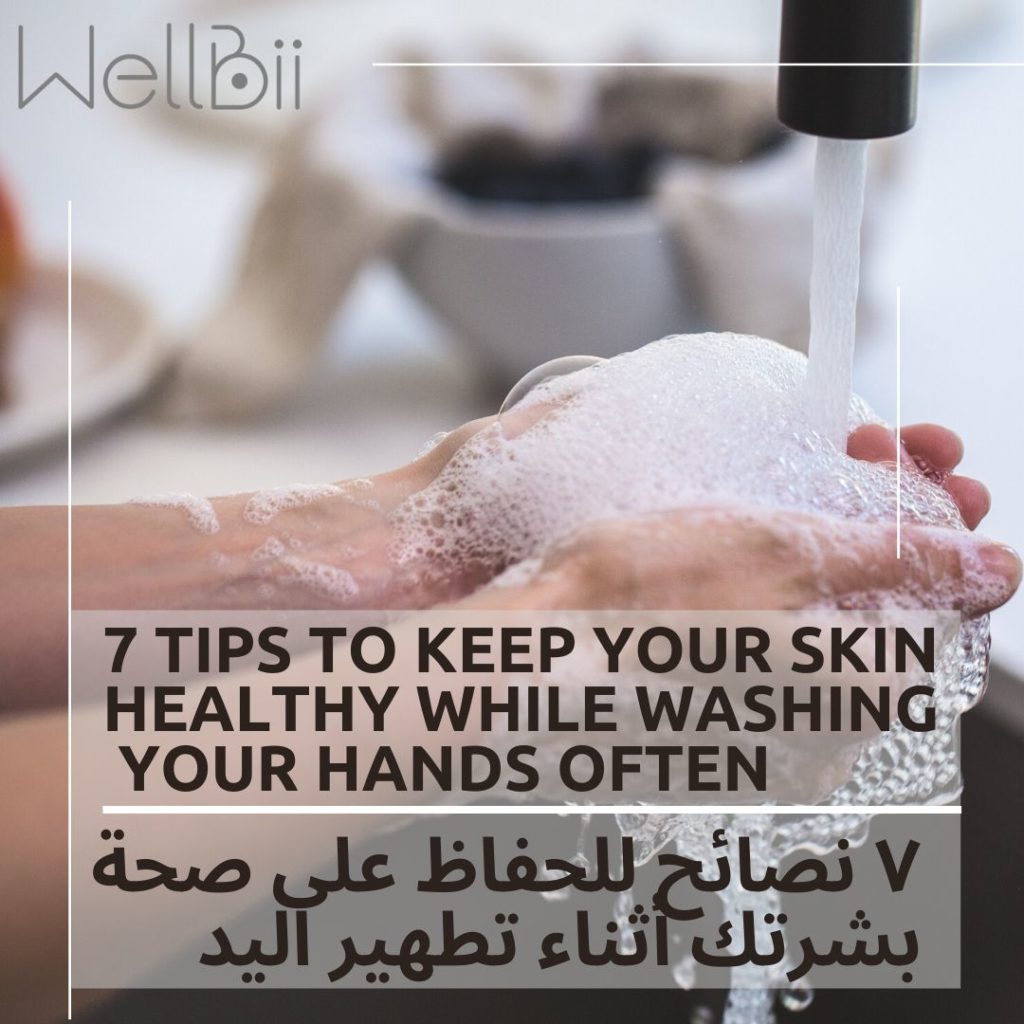
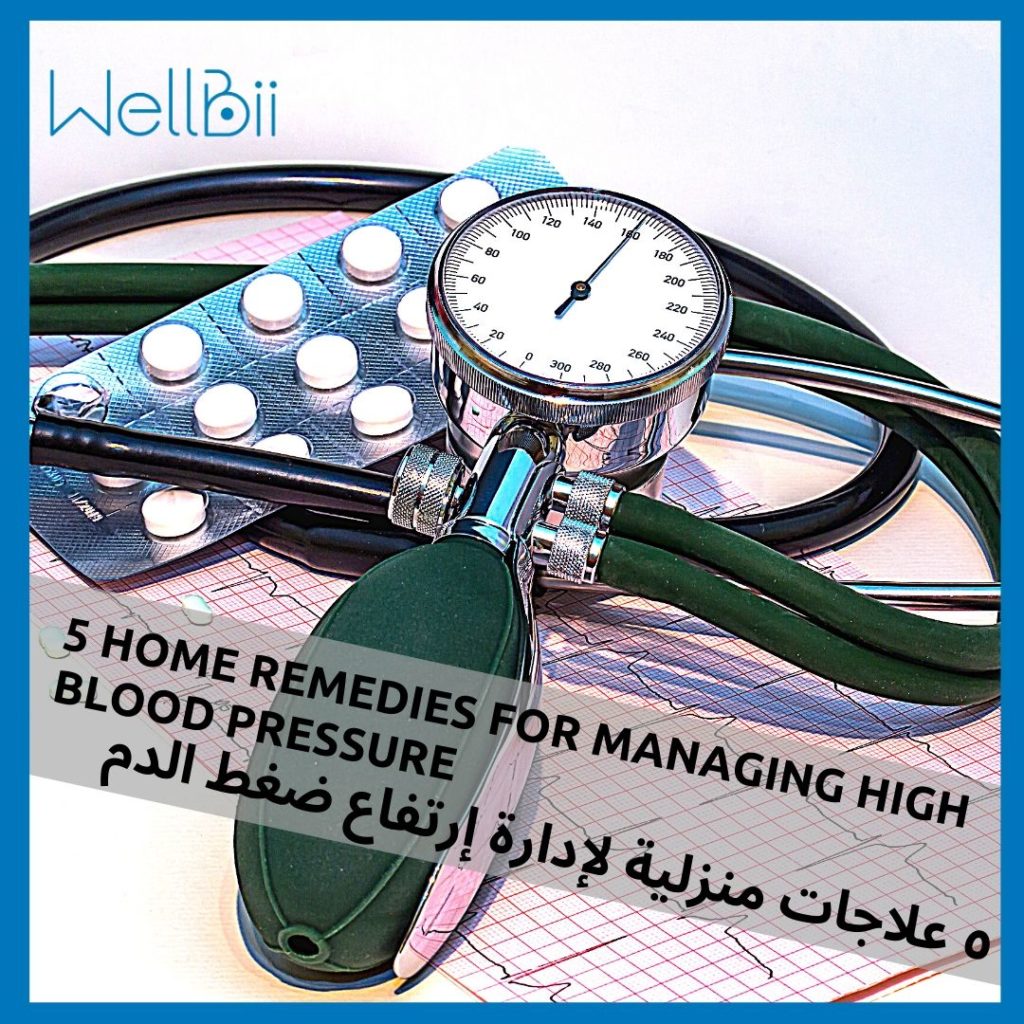
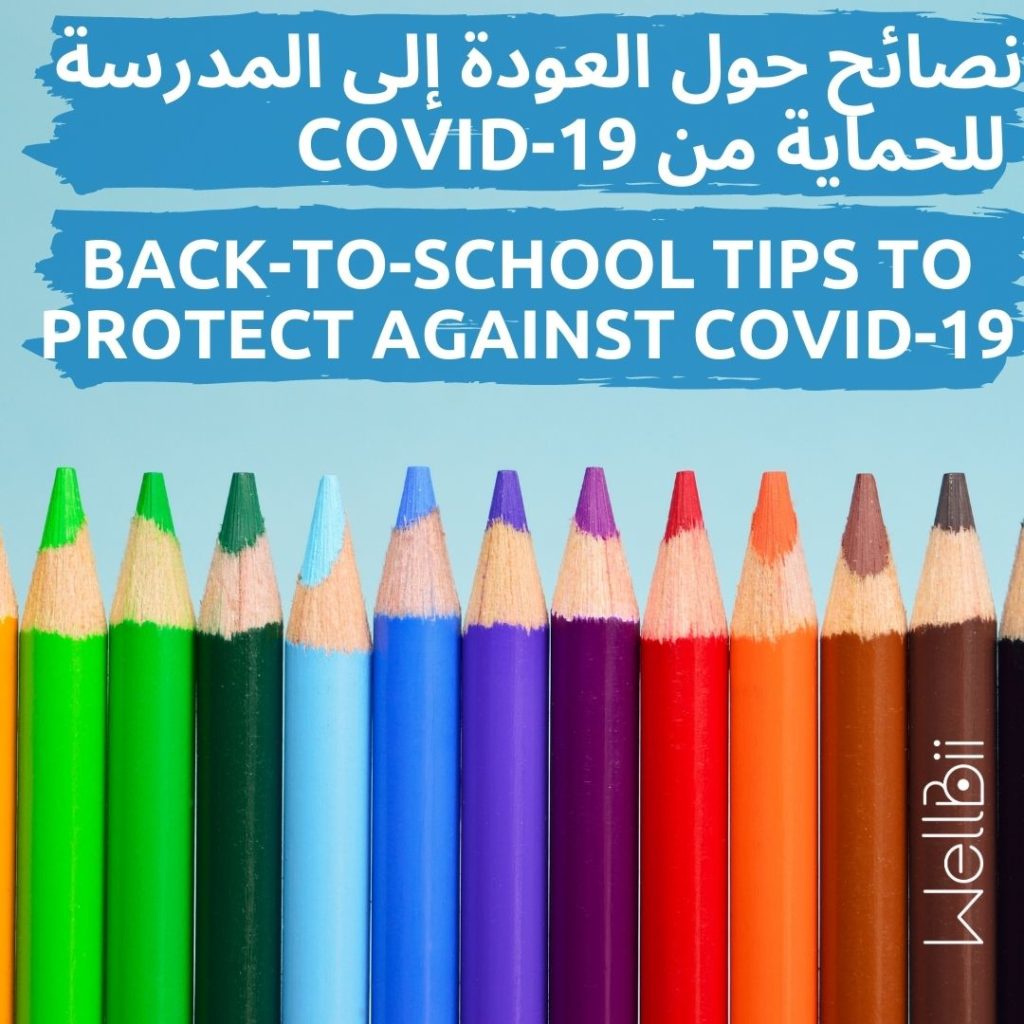
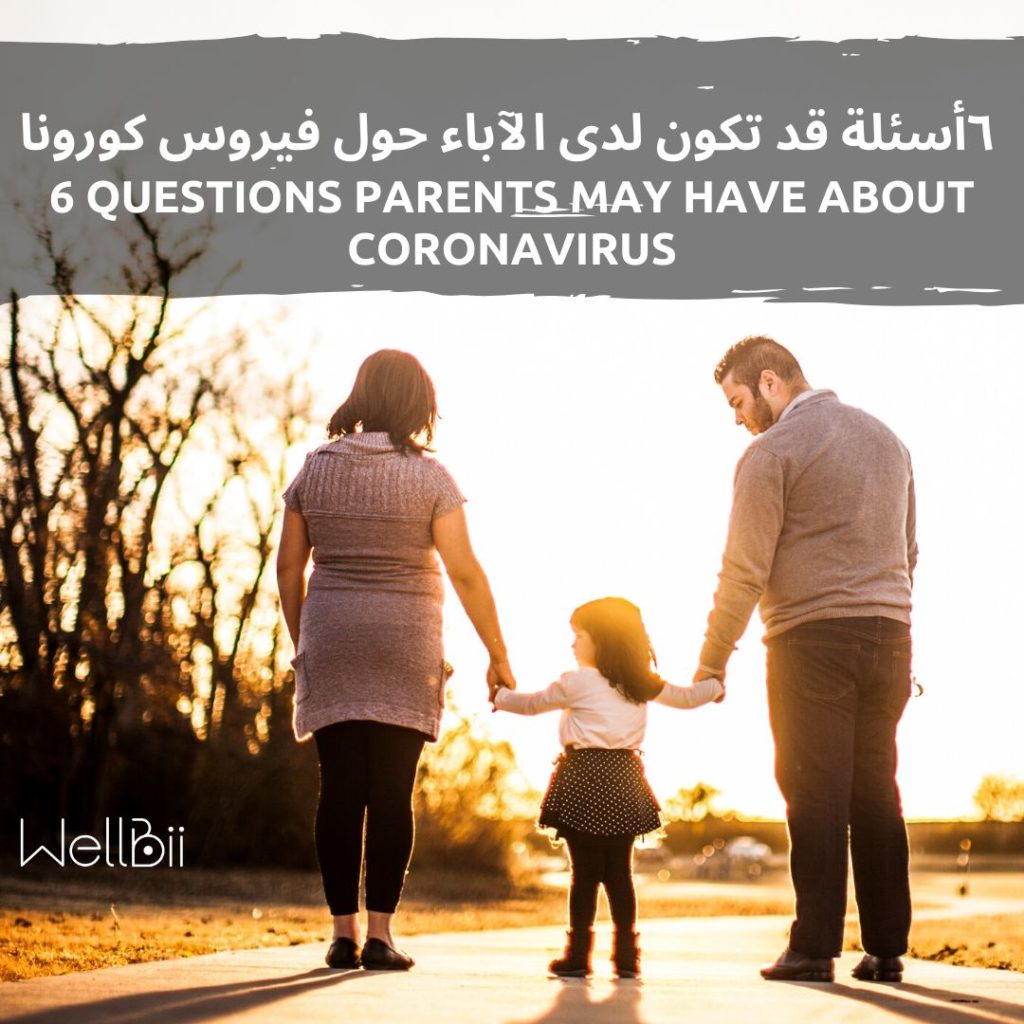
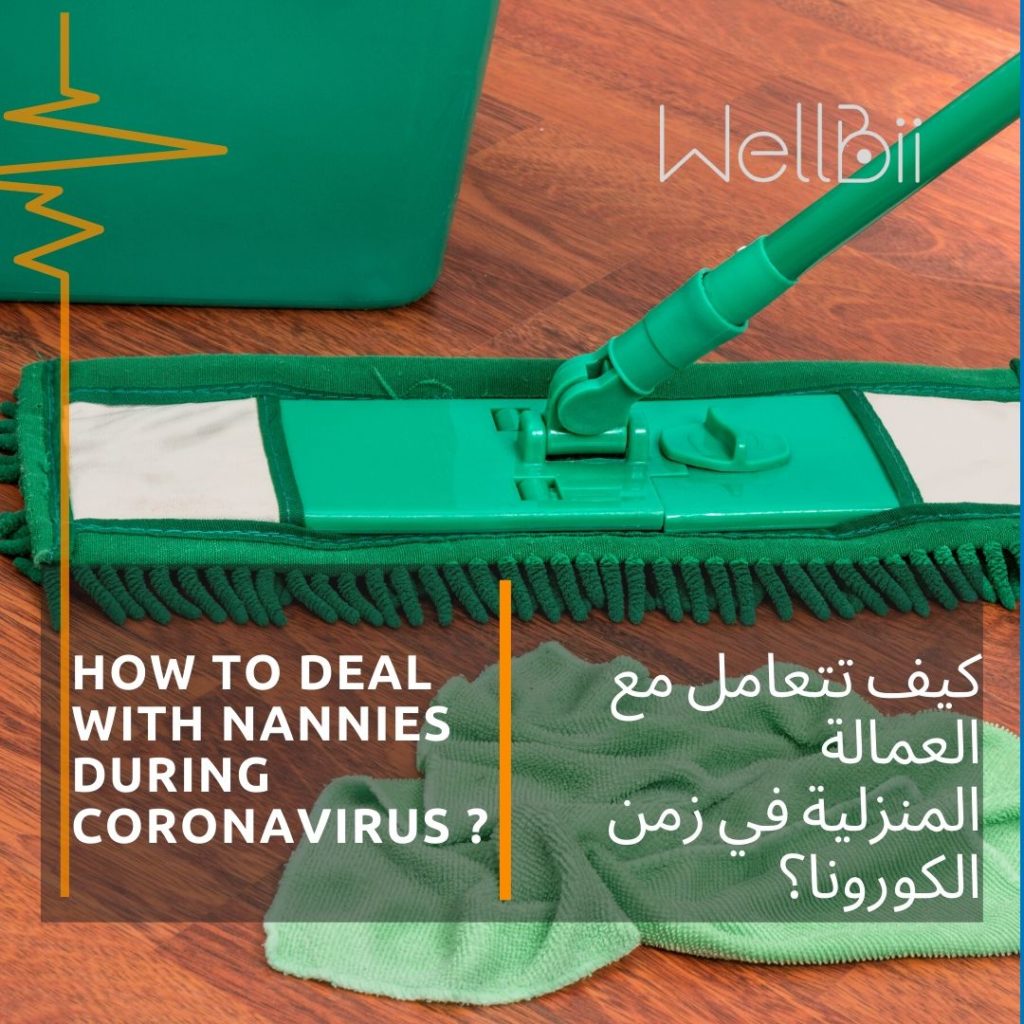
Responses